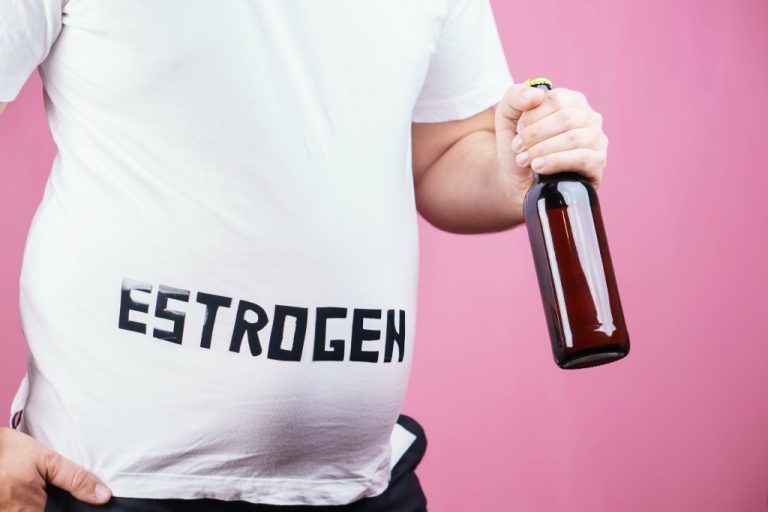This therapy targets the emotions of dry drunk syndrome and the strong feelings that may have led to substance use in the first place. DBT usually takes place in a group setting with a classroom-like structure. You’ll learn new skills, accept your emotions, and explore ways to better yourself. CBT helps you identify and address the thoughts and emotions behind your behaviors.
Are you covered for insurance treatment? Find out now.
GBAC understands Dry Drunk Syndrome and offers addiction therapy programs that https://pmappraisal.com/how-to-flush-alcohol-from-urine-understanding-the/ address both addiction and underlying emotional issues. We provide various options like outpatient programs, medication-assisted treatment (MAT), individual and group therapy. We also integrate treatment for co-occurring mental health disorders. One of the most important steps in tackling dry drunk syndrome is reaching out for professional help.
There is a Better Way to Live. It’s Time to Get the Help You Deserve.
- You might find yourself turning to unhealthy ways to manage stress, like isolation, overeating, or even relapsing into substance use.
- AA used the term to describe a person who has stopped drinking alcohol but still experiences the issues or behaviors that contributed to their alcohol use disorder (AUD).
- Always remember that sobriety isn’t a destination but a lifelong journey.
- However, the reality is that humans struggling with an addiction never felt “okay” in the first place, and removing a substance only brings to light the issues that were hidden all along.
- It’s important to remember that experiencing some of these symptoms does not automatically mean someone is a dry drunk.
Dry drunk syndrome can cause those feelings, affecting your work, school, and daily interpersonal life. AA members coined it2 as a non-negotiable stage of alcohol recovery. Later, psychiatrists and addiction specialists added their own twists to the definition, but generally agreed it’s part of recovery as a whole.
What Are The Signs of Dry Drunk Syndrome?
They may exhibit traits such as irritability, resentment, and a sense of entitlement—reminiscent of their behavior during active addiction. Dual diagnosis, where alcohol addiction co-occurs with mental health disorders, is common among those struggling with substance abuse. Effective treatment for dry drunk syndrome typically involves addressing the underlying issues that contributed to alcohol addiction in the first place. The Substance Abuse and Mental Health Services Administration (SAMHSA) offers resources for finding appropriate support and treatment.
People with dry drunk syndrome may be unable or unwilling to recognize and address these issues. As such, they have stopped drinking and are sober, but continue to exhibit the emotions and behaviors of an addict. They might replace drinking with other addictive or self-destructive behaviors and engage in unhealthy habits that emerged during or because of their addiction. Social support, professional psychological help, and self-care can help people overcome dry drunk syndrome. True recovery requires addressing both the physical dependency and the psychological aspects of addiction. Someone with AUD may drink more than they plan to, fail when trying to cut back, spend lots of time drinking or recovering from drinking, and experience strong cravings.

Dealing With Stress In Sobriety

However, persistent negative behavioral patterns that consistently undermine personal progress can be considered significant warning signs. These aren’t simple occasional setbacks but systematic destructive responses that prevent genuine transformation. It’s about completely transforming your relationship with yourself and the world around you. It’s about confronting the underlying emotional issues that may have fueled your addiction, developing healthy coping mechanisms, and building a life filled with purpose and connection. Yes, if you’ve been dealing with dry drunk syndrome symptoms symptoms of dry drunk syndrome, recovery is absolutely possible. It’s about discovering more constructive ways to manage what you’re experiencing.
These are all things that can occur with dry drunk syndrome as well, and can lead to physical relapse, where the person starts drinking regularly again. To reduce the risk of relapse, patients are encouraged to change their entire life during addiction treatment. Recovery requires the creation of a new life where it’s easier not to drink or use substances. Other recovery rules include honesty, asking for help when needed, practicing self-care, and not bending the rules. Dry drunk syndrome symptoms can be the exact opposite of these recovery guidelines, which could signify impending relapse. Someone can be sober, meaning they aren’t using drugs or alcohol, but they might not have fully dealt with the underlying contributors to the original alcohol use disorder.
What Are the Potential Challenges Associated with Dry Drunk Syndrome?
However, there can be very real concerns with relapse and how to help Drug rehabilitation them manage their newfound sobriety. It is also recommended that if a person finds themselves struggling with the symptoms of dry alcoholic syndrome, they should seek professional help. Understanding how a person develops dry drunk syndrome can be helpful when trying to manage the symptoms. However, for a newly sober person, managing stress can feel overwhelming. Especially if their previous solution to stress was to drink alcohol.
Find Treatment and Support Now
Addressing dry drunk syndrome isn’t about quick fixes – it’s about committing to long-term personal growth and emotional development. Success often comes from remaining open to change and willing to engage in the sometimes uncomfortable work of personal transformation. The goal is to help individuals transition from merely being “dry” to achieving genuine sobriety and emotional well-being. Without addressing underlying issues such as trauma, low self-esteem, or co-occurring mental health disorders, individuals may find it challenging to navigate the emotional ups and downs of recovery. Effectively addressing dry drunk syndrome requires a comprehensive approach to your recovery. Professional therapeutic support can help people identify and modify the thought patterns and behaviors that characterize this challenging recovery phase.

